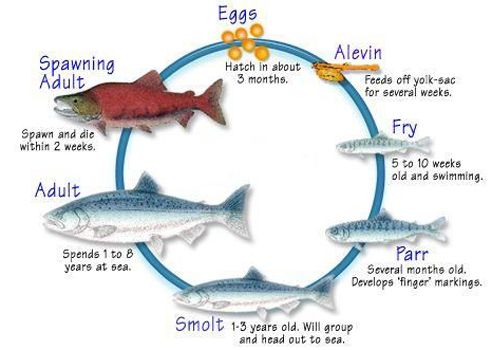Reading time: Less than 1 minute
Increase your vocabulary and you’ll make your writing much more precise. That’s why I provide a word of the week. Today’s word: ontogeny…
I discovered Ms Magazine when I was a teenager in the 1970s and I’ve long been interested in the work of Gloria Steinem. This year, however, when I read her 2015 memoir My Life On The Road, I was disappointed by what I saw as her lacklustre writing style. Her message is still interesting and relevant but the way she built her sentences didn’t appeal. Nevertheless, she could still find a captivating word or two. Here’s one that grabbed me: ontogeny. This is how Steinem used it:
Most of all from my childhood travels, I remember the first breath of salt air as we neared our destination. On a California highway overlooking the Pacific or a Florida causeway that cut through the Gulf of Mexico like Moses parting the Red Sea, we would get out of our cramped car, stretch, and fill our lungs in an ontogeny of birth.
Ontogeny is a noun that refers to the origination and development of an organism, usually from the time of fertilization of the egg to the organism’s mature form. (See the life cycle of the chinook in the image above.) The etymology of the word is interesting. Onto- means, “a being, or individual” and comes from the Greek onto–, which is a stem from the word meaning “being.” -Geny means “genesis, origin, mode of production,” from the French génie and Modern Latin -genia, which in turn comes from Greek -geneia, meaning “born, produced.”

